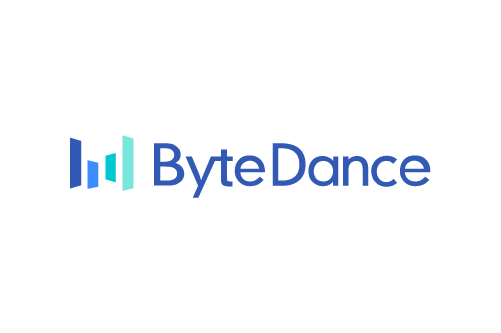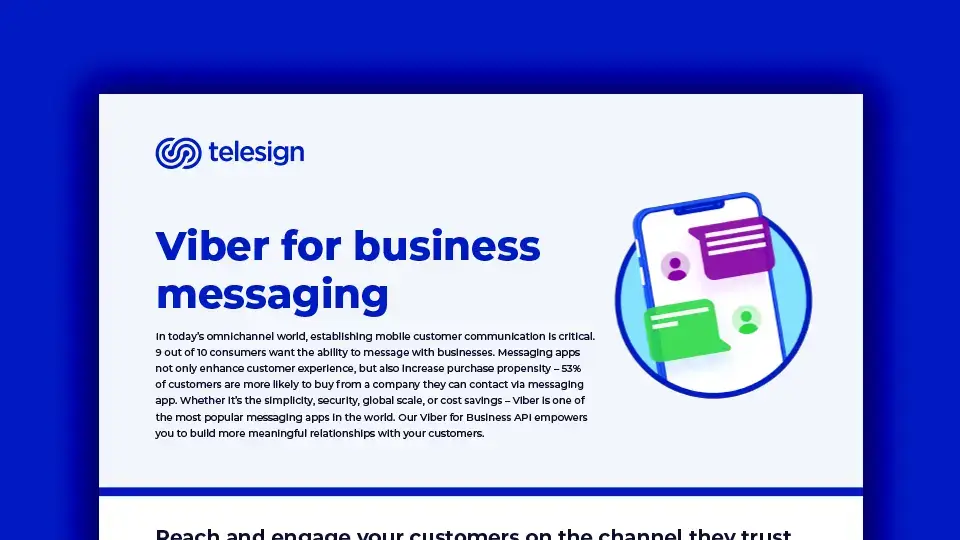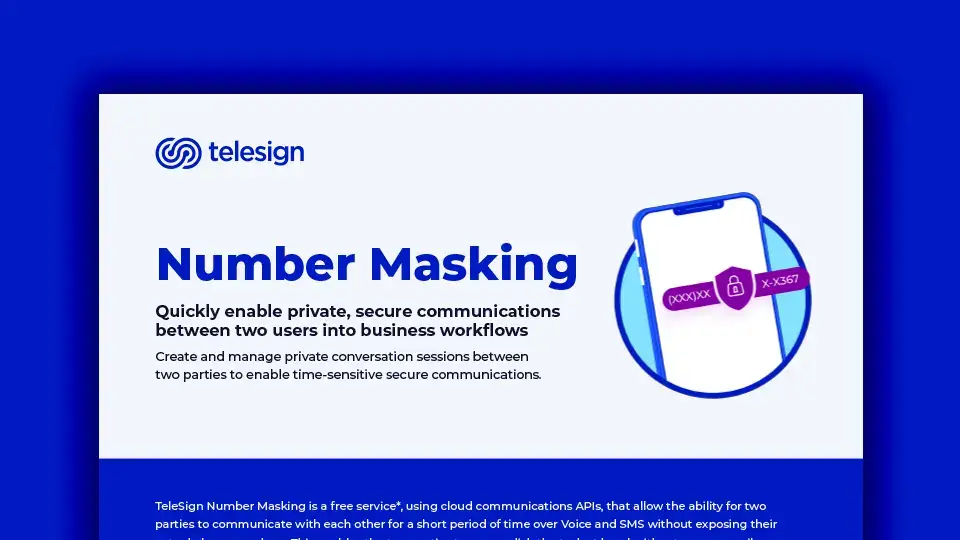TRUSTED BY





Onboarding your customers will love
Effective onboarding is complex and difficult to get right. Without increasing friction or sacrificing security, brands need to offer a seamless user experience. We deliver a fast, efficient, and secure onboarding experience that builds trust and protects your customers.
Integrity your customers will trust
With today’s digital experiences, the opportunities for fraud to occur are exponential. It’s no longer enough to simply rely on a one-time risk assessment to verify customers. Take proactive steps to “always know your customers” by protecting your business and customers throughout their entire journey.
Protection your customers will value
Fraud can happen anywhere on your platform. Through our extensive partner ecosystem and direct integrations, Telesign plugs into your access management and internal fraud models to improve your protection against synthetic identity fraud, IRSF attacks, promotion abuse, and more.
Engagement your customers need
From account verification to purchase confirmation, reliable and secure customer communication is critical. We deliver complete global voice and text verification and connectivity to ensure you reach your customers on the channel they trust, no matter where they’re located.
Let's earn their trust, together.
Intelligence
We transform consumer data points, identity signals, and traffic patterns into an active risk and reputation scoring model.
Security
We serve as the security sentry to verify the authenticity of your customers and determine which ones are fraudulent.
Ubiquity
We leverage exclusive partnerships and client relationships to deliver global reach with the largest, most diverse mobile identity data sets in the world.
They trust you. You can trust us.
2/3
of the largest brands in the world trust us.
230+
countries and territories with coverage.
35+
patents all over the world.


